Drug Abuse & Addiction Treatment in Kolkata
Leave Addiction Behind & Embrace Hope
Overcome addiction and build a hopeful future with the help of a
drug abuse & addiction doctor in Kolkata
drug abuse & addiction doctor in Kolkata

Start Fresh, Live Free, Heal Strong
S
ubstance abuse refers to the harmful or hazardous use of substances like alcohol, drugs, or prescription medications. It leads to addiction and negative impacts on physical and mental health. Over time, it can affect relationships, career, and overall quality of life. Know more about the different types of substance abuse from Dr. Sourav Bag, a drug addiction recovery doctor in Kolkata.

Alcohol
Alcohol abuse refers to the excessive and chronic consumption of alcohol, which can lead to physical dependence and a range of health problems, including liver disease, heart issues, and mental health disorders. It affects relationships, work, and social functioning. Long-term alcohol abuse can lead to tolerance, addiction, and withdrawal symptoms. Treatment typically involves detoxification, therapy, and support groups to help individuals manage cravings and develop healthier coping strategies.

Heroin
Heroin is an illegal opioid drug known for its highly addictive properties. It causes intense euphoria followed by a rush of feelings, leading to repeated use and physical dependence. Heroin abuse can lead to severe health complications such as respiratory failure, overdose, and mental health issues. Recovery typically involves medically assisted detox, counselling, and rehabilitation programs aimed at breaking the cycle of addiction and addressing the underlying causes of drug abuse.
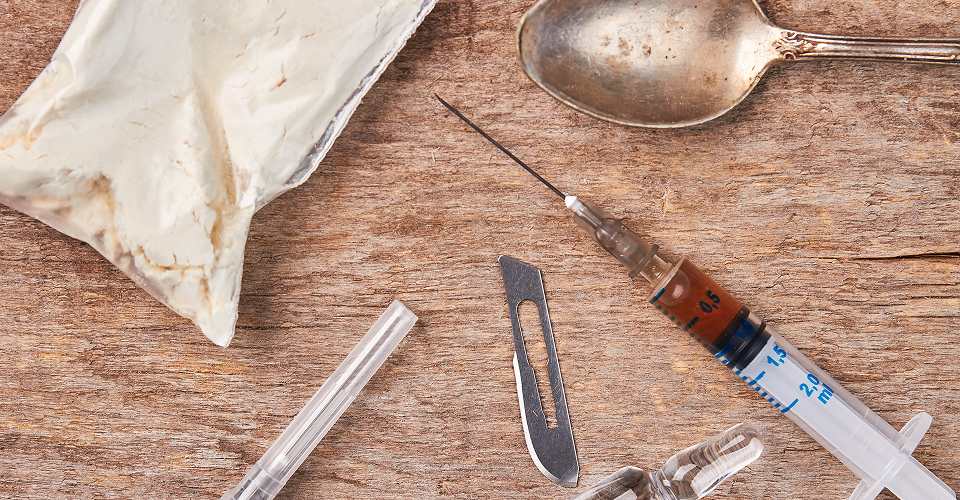
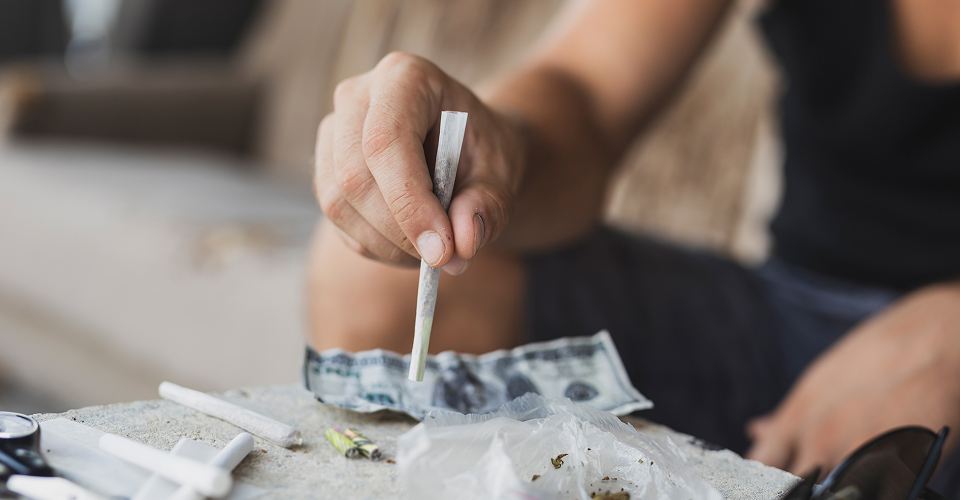
Cannabis
Cannabis, also known as marijuana, is commonly used recreationally for its psychoactive effects. While it may be legal in certain regions, heavy and chronic use can lead to dependence, affecting memory, attention, and mental health. Long-term cannabis use is linked to anxiety, depression, and cognitive impairment. Individuals struggling with cannabis addiction can benefit from therapy and support to manage cravings and establish healthier patterns of behaviour.

Smoking/Tobacco
Tobacco use, primarily through smoking, is one of the most common forms of substance abuse. Nicotine, the addictive compound in tobacco, creates dependency, leading to chronic smoking habits. Smoking causes various health problems, including lung disease, heart disease, and cancer. Despite the well-known risks, many individuals struggle to quit. Treatments from Dr. Sourav Bag, a drug abuse and addiction treatment doctor in Kolkata often include nicotine replacement therapy, counselling, and behavioural techniques to help individuals overcome their dependence and live a smoke-free life.

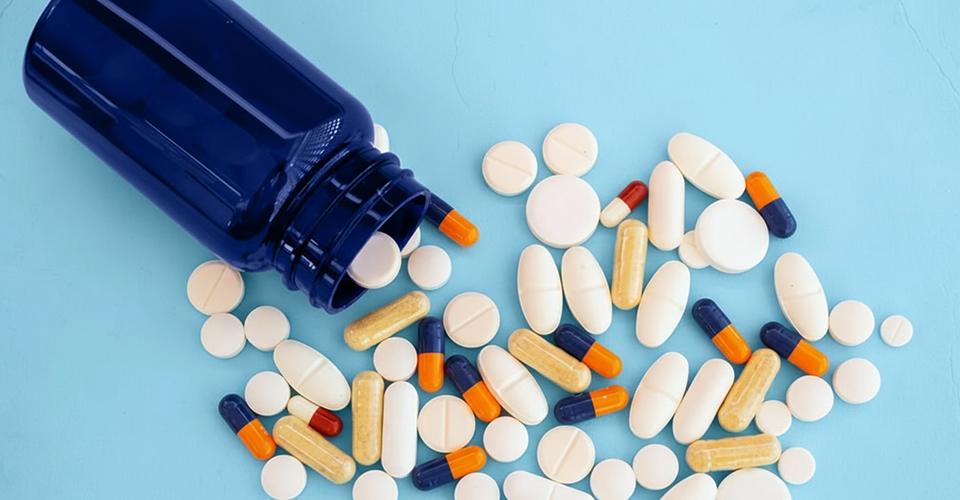
Sedatives (Hypnotics)
Sedatives, also known as hypnotics, are medications used to calm anxiety, induce sleep, or relax muscles. However, when misused or taken in high doses, they can lead to physical dependence, tolerance, and addiction. Common sedatives include benzodiazepines and barbiturates. Misuse can result in slowed breathing, overdose, and mental health issues. Treatment involves medical detoxification, therapy, and ongoing support to safely wean individuals off the substance and address any underlying anxiety or sleep disorders.

Cocaine
Cocaine is a powerful stimulant drug that induces intense euphoria, increased energy, and alertness. It is highly addictive, and repeated use can lead to physical and psychological dependence. Cocaine abuse increases the risk of heart attacks, strokes, and severe mental health disorders such as anxiety and paranoia. Treatment typically involves detox, counselling, and cognitive behavioural therapy to help individuals manage cravings and reduce the risk of relapse, focusing on rebuilding a healthy lifestyle.
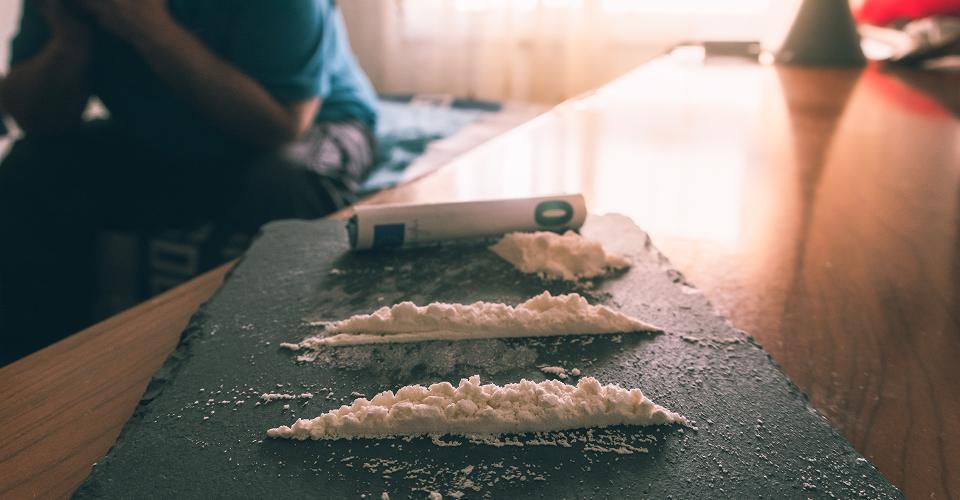
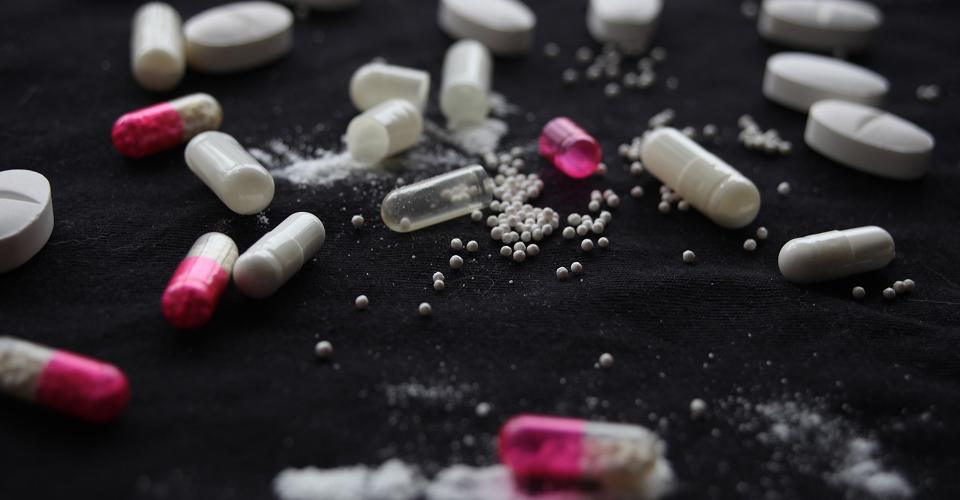
Stimulants
Stimulants are substances that increase alertness, attention, and energy by enhancing brain activity. Common stimulants include amphetamines, methamphetamine, and prescription drugs used for ADHD. Chronic stimulant abuse can lead to addiction, heart issues, and mental health disorders such as anxiety, paranoia, and aggression. Stimulant abuse requires comprehensive treatment involving detoxification, therapy, and behavioural interventions aimed at addressing the addiction and restoring emotional balance.

Hallucinogens
Hallucinogens are drugs that alter perception, mood, and cognitive processes. Common hallucinogens include LSD, psilocybin (magic mushrooms), and PCP. These substances can cause intense hallucinations and distorted reality, leading to dangerous behaviour and emotional instability. While they are not physically addictive, they can cause psychological dependence and long-lasting mental health issues. Treatment typically involves counselling, education, and support to help individuals understand and manage the impact of these substances on their lives.
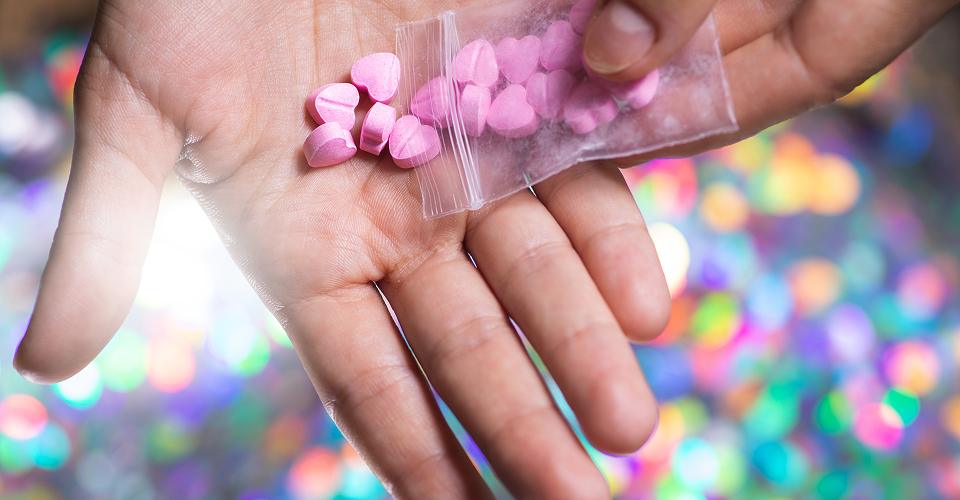
Your Questions About Mental Health, Answered Here
We know seeking mental health support is a big step. Our FAQ section provides reassuring, easy-to-understand answers to your questions and concerns. We help you make informed decisions and feel confident in the care and support you deserve.

What causes someone to become dependent on substances?
Addiction is complex. It can stem from genetics, stress, trauma, mental health issues, or even peer pressure. It’s not a moral failure—it’s a health issue that needs care.
How do you know if your substance use is a problem?
If your use is affecting your health, work, relationships, or you feel unable to stop despite negative consequences, it’s time to seek support. Denial is common, but help works.
Can substance abuse affect mental health?
Yes. Substance abuse often worsens anxiety, depression, and mood disorders. It can also trigger mental illness in some individuals. Treating both together gives better outcomes.
What are the treatment options for substance abuse?
Treatment may include detox, medication-assisted therapy, counselling, relapse prevention, and lifestyle coaching. Dr. Sourav Bag offers personalised care based on the type and severity of the addiction.
Is it possible to recover from substance abuse and stay sober long-term?
Yes. Recovery is absolutely possible with the right treatment, a supportive system, and the right mindset. Many people go on to lead healthy, addiction-free lives after structured intervention.
